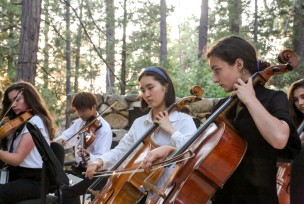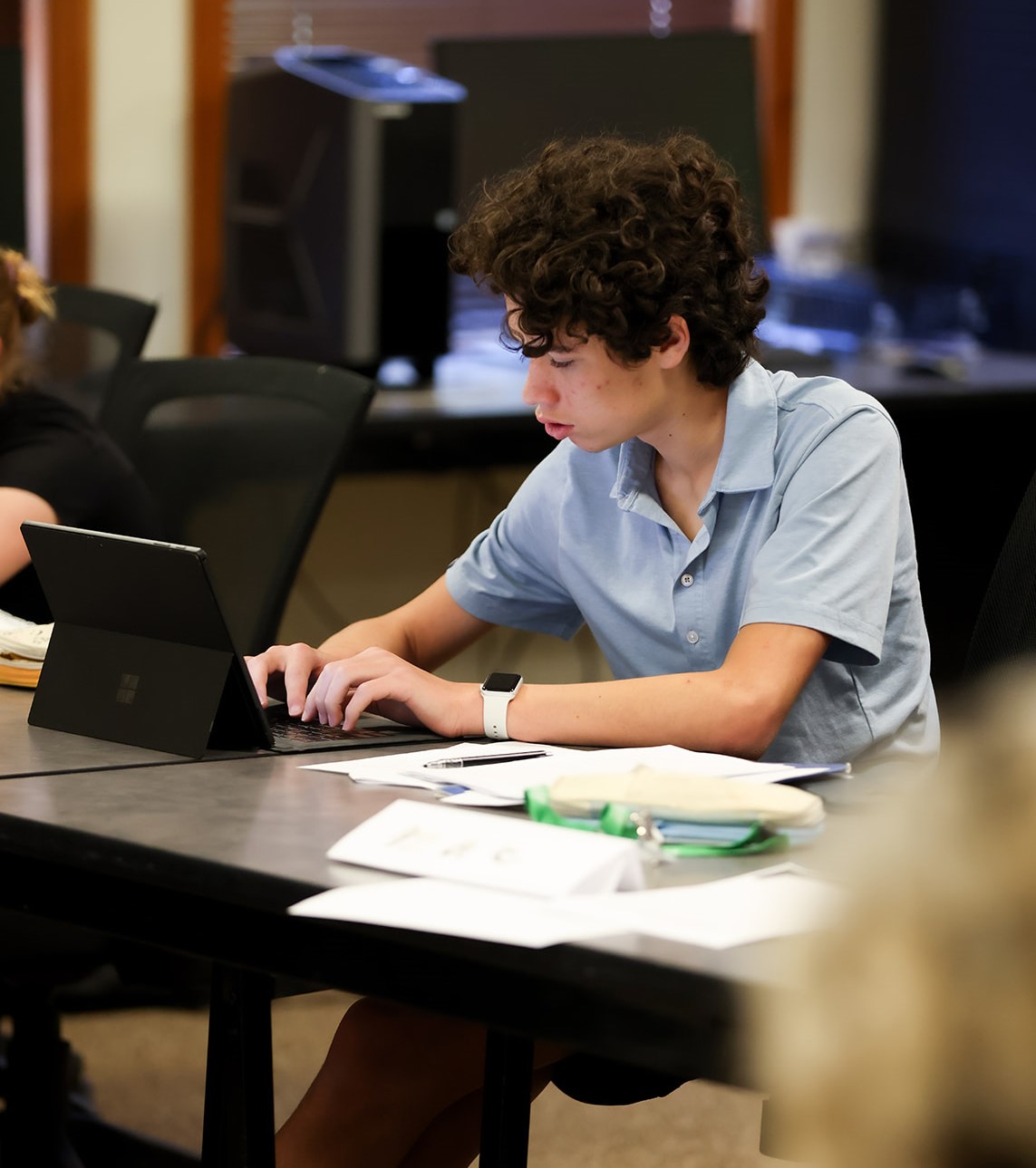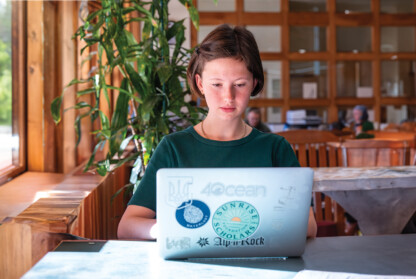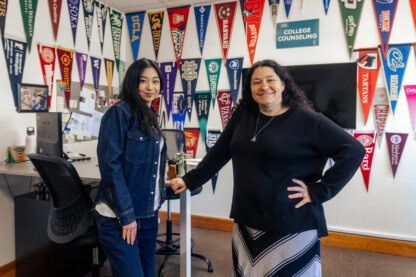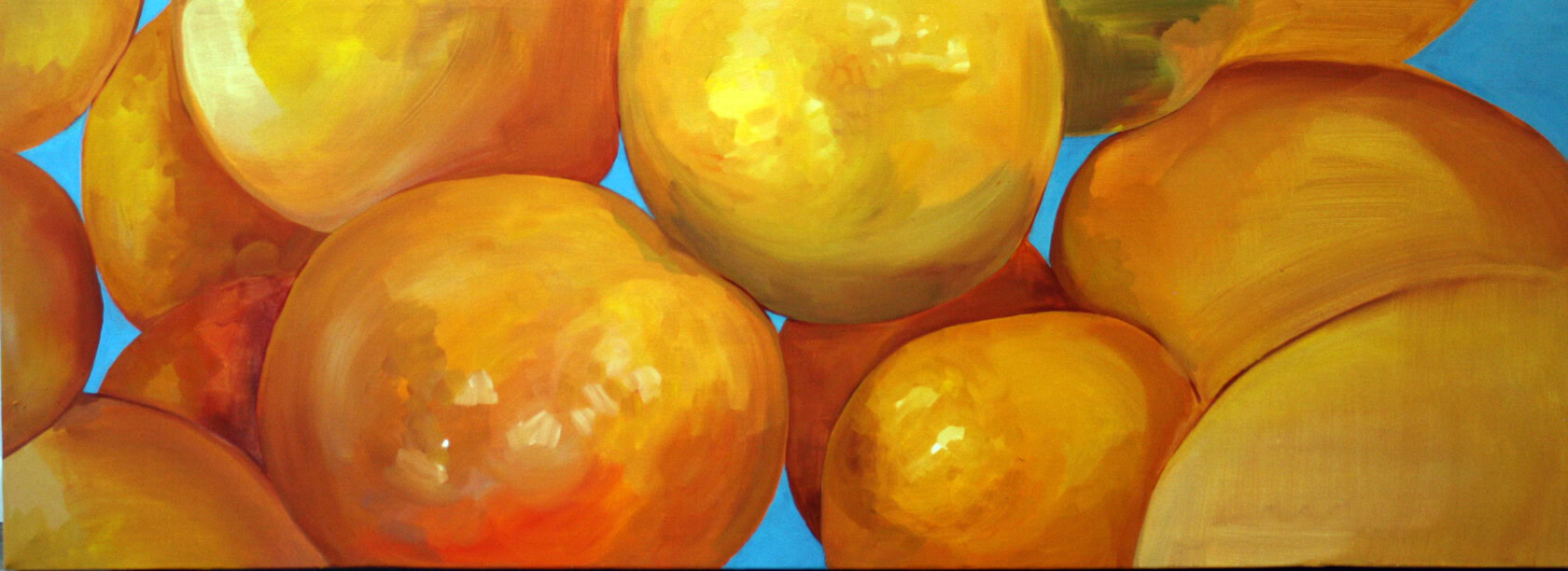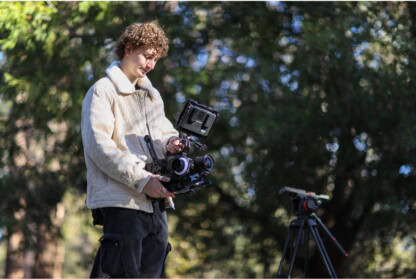
Foundations of Filmmaking Workshop – Online
This dynamic, project-based 2-day online workshop is designed for students interested in exploring our year-round high school, the Academy, and will deepen your understanding of story, image, and sound. You'll develop a short film concept while learning the basics of camera work, composition, continuity, lighting, and sound design. The workshop also introduces essential editing skills and guides you through the creative process from idea to execution.
